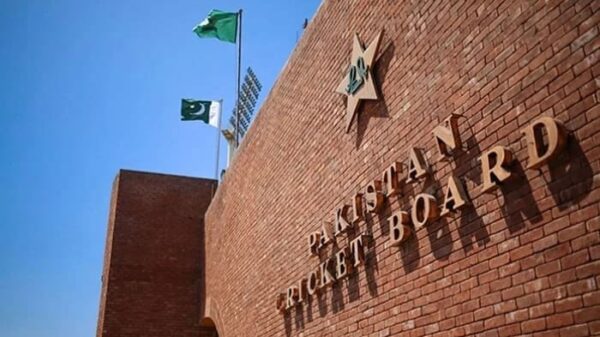Minister of State for Information Technology, Shiza Fatima, on Tuesday attributed the recent decline in internet speeds across Pakistan to the growing number of users and insufficient bandwidth.
Speaking to reporters in Islamabad, she emphasized that Pakistan, while offering some of the most affordable internet services globally, is struggling to match its expanding user base with the necessary infrastructure.
“With a rising population and limited bandwidth, slower internet speeds are inevitable,” Fatima said, underscoring the need for infrastructure improvements to meet increasing demand.
She also outlined ongoing efforts to enhance the country’s digital landscape, such as the Safe City project and the move toward digital payments. “We are progressing towards digitalization, though smaller nations have already adopted these technologies. Pakistan is working to catch up,” she noted.
Additionally, Fatima criticized the public for evading taxes, stating that while many citizens invest in real estate, they often fail to pay their taxes.
“Digitizing the FBR is a significant step toward transitioning to a digital economy,” she added.
Regarding the slowdown in internet speeds, the minister pointed to structural limitations, explaining that the country’s internet infrastructure operates on just 274 MHz, with legal hurdles delaying its expansion.
On the government’s “smartphone for all” initiative, she acknowledged concerns about defaults, noting that phone access could be restricted if payments are not made. As for PayPal, she clarified that while talks are ongoing, private companies make independent business decisions, complicating the matter.
Fatima also disclosed that two undersea cables managed by PTCL were damaged, further impacting connectivity. “One has been repaired, and efforts are in progress to introduce four new cables to boost capacity,” she said.










